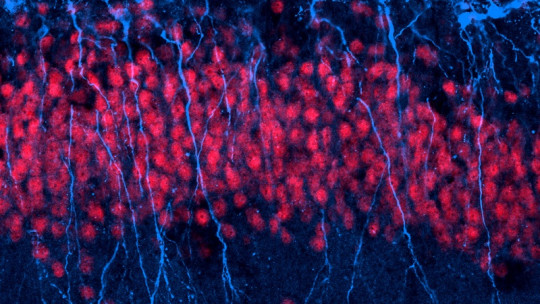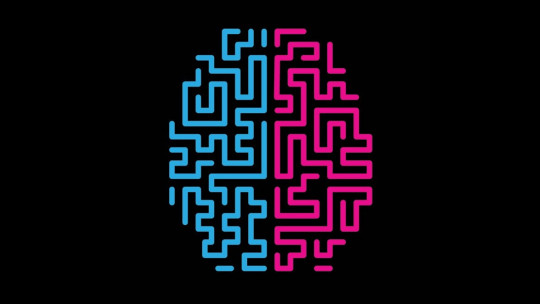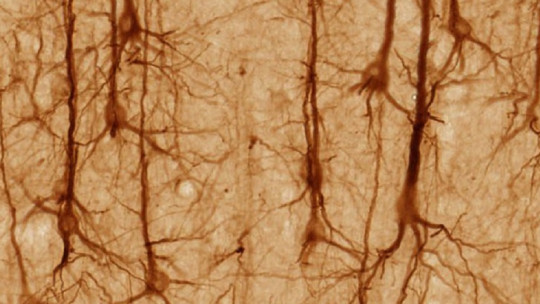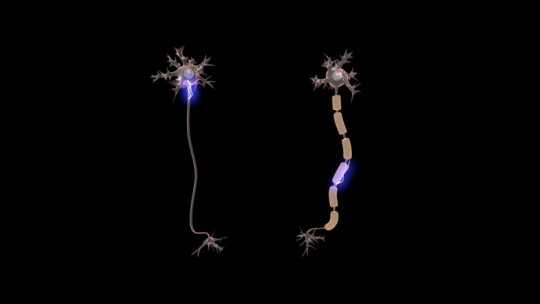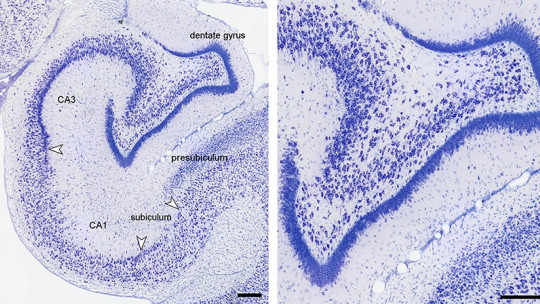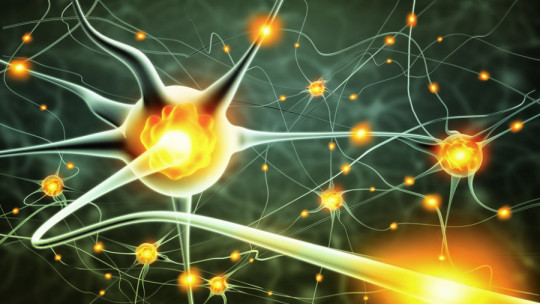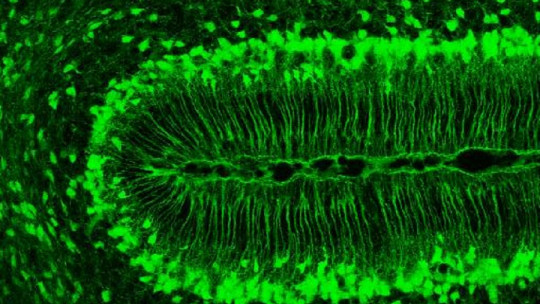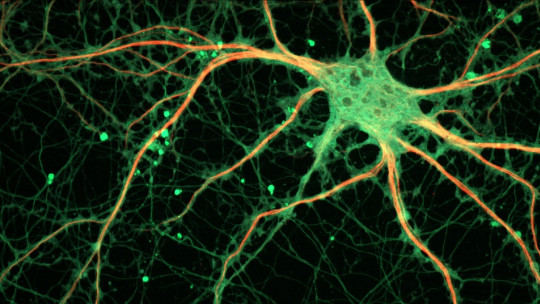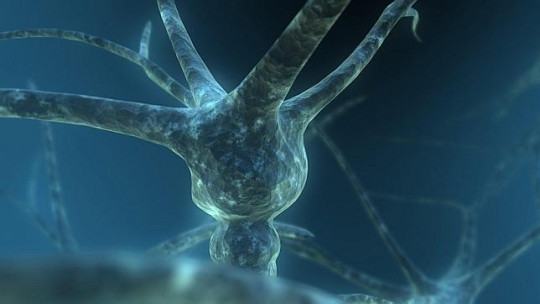It is known that certain experiences and habits kill neurons
Drinking alcohol, suffering blows to the head, following an inadequate diet and a long list of situations translate into losses among the neuronal population of our brain, which means that every day we could be losing a few nerve cells.
Neurogenesis: the process of neuronal regeneration
However, not everything is death and destruction in the daily life of the typical adult human brain: the birth of new neurons also takes place, a phenomenon known as neurogenesis
Neurogenesis, changing the conception of the brain
For many years it has been believed that the human brain is an artifact that develops during the first months of life and that, upon reaching adulthood, stops changing. This conception of the brain left the door open to believing that the only possible modifications in our nervous system come through the death of neurons. Obviously, a person’s brain changes after a part of the neocortex is removed, just as it is not exactly the same after having suffered a small stroke.
However, neurogenesis is an example that The brain continues to form once childhood is left behind The birth of new cells through neurogenesis, which has been proven in an area of a brain structure called the hippocampus and around the lateral ventricles filled with cerebrospinal fluid, implies that at any time new neurons can appear that after a few days will migrate to others. parts of the brain.
What is neurogenesis for?
Things that happen in the brain at a microscopic level are always very difficult to study, and the phenomenon of neurogenesis is no exception. We know that new neurons appear in adult humans, but We do not know very well in what situations they appear or what exactly they are for However, in general terms, most neuroscientists agree that the birth of new nerve cells plays a role in brain plasticity that is, the brain’s ability to adapt to new experiences and change over time.
The case of neurogenesis in the hippocampus is especially interesting in this regard. This brain structure acts as a hinge between present experiences and memory, and is therefore essential in the formation of memories and learning.
The birth of more neurons in this part of the brain could mean a greater ability to unite past and present, that is, to be able to better adapt to an environment based on previous knowledge. Since past experiences form predictors of the future, it is adaptive that the hippocampus always has new neurons ready
If brain plasticity concerns the practically infinite combinatorial possibilities with which neurons send signals to each other, neurogenesis adds more carbon to this entire succession of changes, since causes more neurons to be involved, offsetting to some extent the effects of neuronal death
In what contexts are new neurons born?
Neurogenesis not only affects the processing of novel experiences: it is also subject to the changes that the organism experiences in real time. Some situations enhance the birth of neurons, while others put a brake on it. Of course, it is very difficult to define exactly which situations facilitate neurogenesis and which do not, since the infinite number of experiences that each of us can have and the individual differences between us greatly complicate this study.
However, in general terms it can be said that stress, a sedentary life and sleep deprivation reduce the appearance of neurons, while the practice of voluntary exercise, exposure to cognitively stimulating environments and in general goal-oriented behaviors enhance neurogenesis
Tips to enhance neurogenesis
All this, translated into daily life, means that to enhance neurogenesis in your hippocampus you should:
They are simple steps and relatively easy to follow. The automatic processes of your brain will take care of the complicated things

